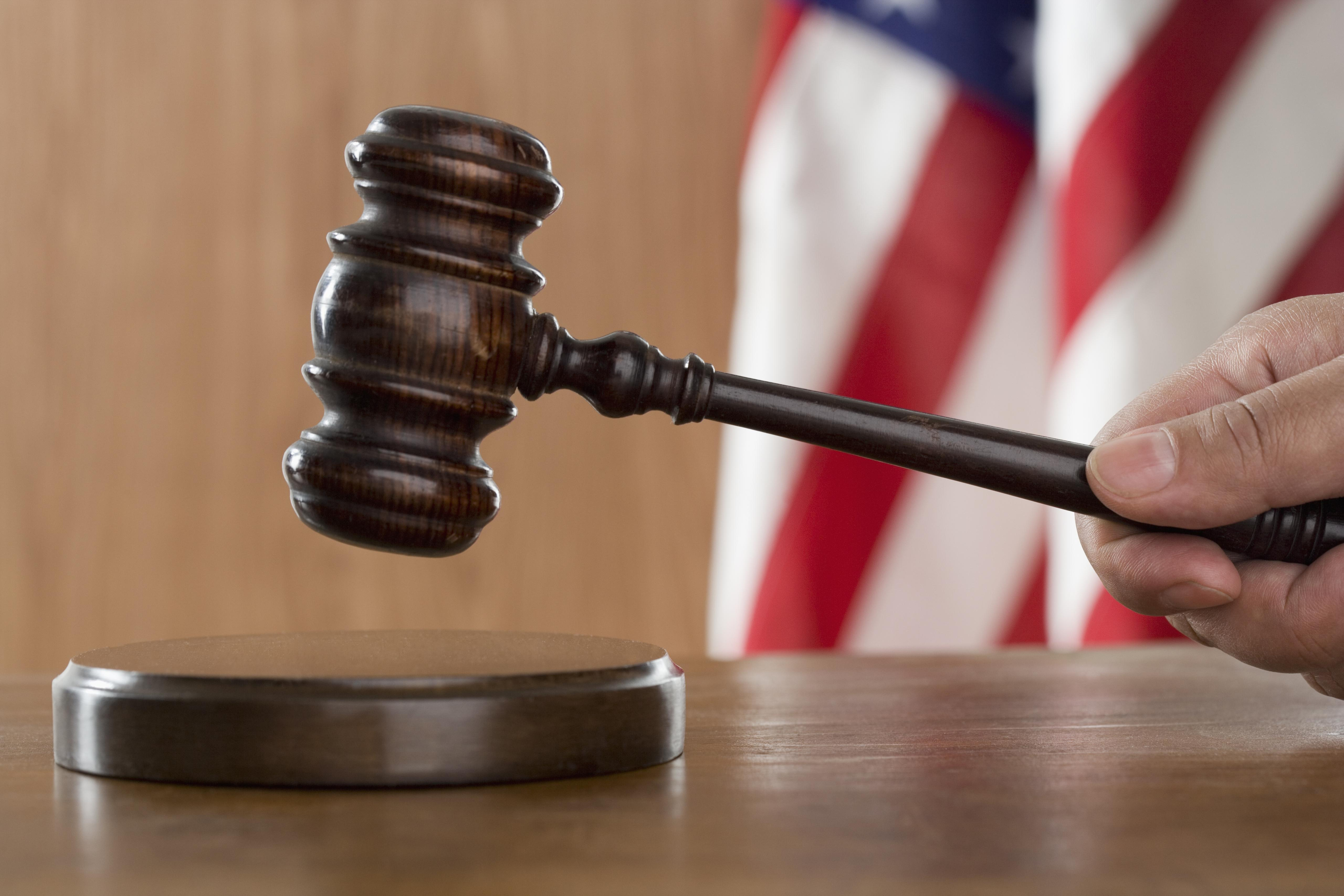Court Says FCC Must Respond to NYT FOIA Request

The smarter way to stay on top of the multichannel video marketplace. Sign up below.
You are now subscribed
Your newsletter sign-up was successful
A U.S. District Court has settled a FOIA dispute between the New York Times and the FCC over the latter's Restoring Internet Freedom Docket, issuing a summary judgment in favor of the Times and saying "[n]one of the agency's defenses to production are persuasive."
Related: GAO Says Comment Docket Remains Vulnerable
"In this case, the public interest in disclosure is great because the importance of the comment process to agency rulemaking is great," the court said, adding: "If genuine public comment is drowned out by a fraudulent facsimile, then the notice-and-comment process has failed. Disclosing the requested data in this case informs the public understanding of the operations and activities of government in two ways -- at themicro level with regard to the integrity of the FCC’s repeal of the particular net neutrality rules at issue, and at the macro level with regard to the vulnerability of agency rulemaking in general."
The paper back in 2017 had sought server logs related to the comments posted in the net neutrality docket given the volume of bogus filings. After discussing the scope of the request, the Times narrowed its request to IP addresses and device-specific information (User-Agent headers), reducing the amount of information that the FCC would have to produce.
Related: FCC Net Neutrality Docket Heats Up...Again
After the Times did not get a response to the request, it filed suit in September 2018 in the U.S. District Court for the Southern District of New York. The FCC stated that the information the Times wanted contained material exempt from FOIA and that it was too tough to separate that out from the info that could be provided, and, so, because "producing the requested information is unreasonably burdensome and unreliable," the court summarized the FCC's argument, "FOIA does not require compliance."
The Times sought a summary judgment from the court--before a trial on the facts--and the FCC filed its own counter petition for summary judgment. Since the facts were not in dispute, said the court, and since summary judgment is the preferred route for FOIA disputes, it made its ruling Friday (May 1).
The smarter way to stay on top of the multichannel video marketplace. Sign up below.
The court denied the Times' request for the FCC to pay attorneys fees. The Times is eligible for such compensation and the court said it was free to make the case for why it should get it.
A spokesperson for FCC chairman Ajit Pai had no comment.
"Litigation should not have been necessary to get this vital information," said Andrew Schwartzman, senior counselor, Benton Institute for Broadband & Society. "I hope the Commission will now comply promptly rather than drag things out with appeals that will not succeed."
Contributing editor John Eggerton has been an editor and/or writer on media regulation, legislation and policy for over four decades, including covering the FCC, FTC, Congress, the major media trade associations, and the federal courts. In addition to Multichannel News and Broadcasting + Cable, his work has appeared in Radio World, TV Technology, TV Fax, This Week in Consumer Electronics, Variety and the Encyclopedia Britannica.

